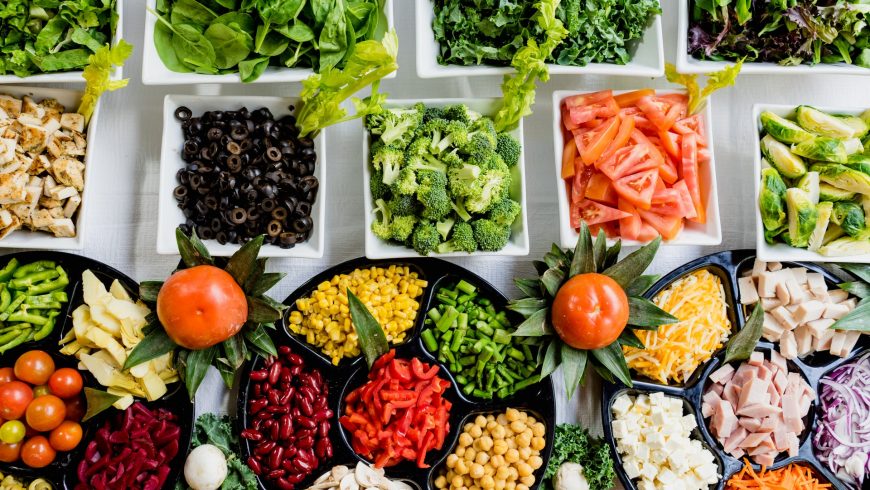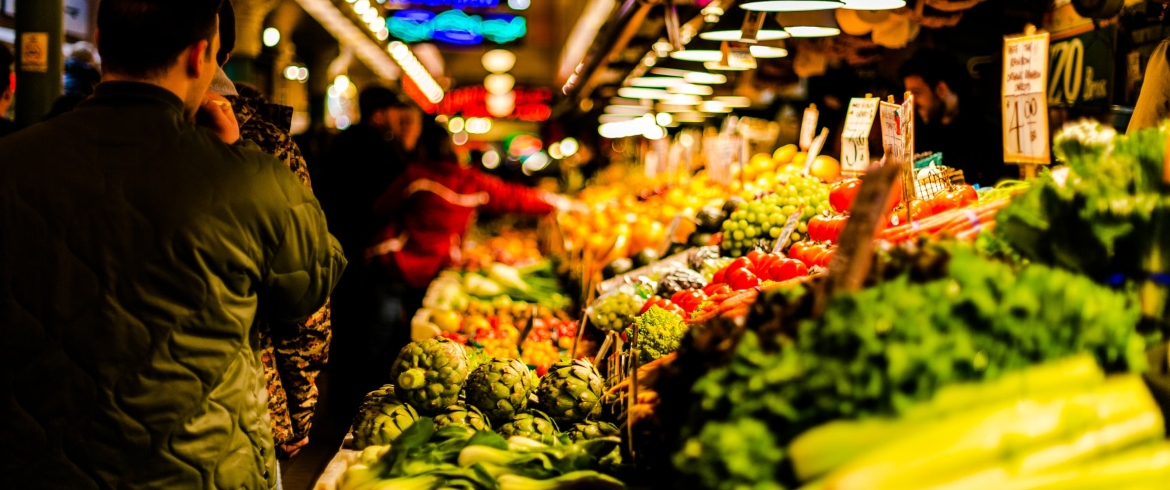We’ve all heard it—small actions can have a great impact. And one of these small actions is shopping locally while traveling. There are many reasons to purchase locally in general, but this article focuses on the benefits of doing so when traveling. For the sake of humanity and the environment, we will try to explain why trying to shop locally. At the same time, traveling is so critical, and how everyone can make a difference.
So, what is it all about?
Shopping locally while traveling is not just better for your health but also better for the environment and more socially responsible. However, the terminology can get a bit confusing, so before we go into the reasons to shop locally while traveling, let’s break the terms down.
- Locally-owned: The business is owned and operated by a person who is still a resident of the area where it is located
- Small business: This usually refers to a company with less than 500 workers. The official classification numbers may vary from country to country, but in general, a small business is a non-chain, a mom and pop shop
- Locally-sourced products: In this case, the business you’re buying from sources its goods and resources from other businesses within a specified mile radius (such as farmsteads, coffee roasteries, breweries, or bakeries).
If you’re looking for a business with a community-focused mentality, you will need to do your research. Don’t be scared to ask the owners if you have any questions. Asking about how they give back to the community is the greatest approach to finding out whether they really give back.
That being said, here are the reasons why you should strive to shop locally while traveling:
1. The money stays in the community
Spending at a small business rather than an out-of-town chain keeps more money in the local economy. Businesses, service providers, and farmers all buy from each other on a regular basis. When you shop locally, you help support other businesses’ growth and increase the area’s tax base. Shopping at a local store benefits the business itself, in addition to boosting the local economy and community. As a tourist, it’s a great sustainable travel practice to help the neighborhood’s businesses grow and thrive. As a result, the value of homes and properties in the region can rise. This then promotes more economic growth and tourism, so the community really thrives.

2. You create less pollution
While traveling, you should steer away from big chains and supermarkets. These usually sell imported goods, and because of the travel involved in getting each import, there’s a lot of pollution. Buying locally decreases the environmental impact of your purchases. Rather than going to a mall outside of the city, look for street markets or local businesses. These are typically located in the town or village center, which allows you to walk rather than drive. This has the effect of reducing urban sprawl, traffic congestion, habitat destruction, and pollution.
To go a step further, make sustainable choices on your vacation when buying souvenirs and other goods from street markets. As well as selling food, many street markets also feature secondhand clothing, antiques, and upcycled goods. Taking use of the concept of “reduce, reuse, recycle” is an excellent way to go green. Rather than purchasing new items, try purchasing secondhand ones. In the same way, you can also trade things you don’t need.
3. You matter more
Local business owners are more likely to provide assistance since they are invested in their products and take the time to get to know their customers. When you’re a customer, they’ll typically go the extra mile to help you and make sure you’re satisfied.
4. It’s healthier and more affordable
Because of the smaller size of local businesses, they are more likely to place emphasis on the quality of their products rather than the quantity. So you can be sure that you and your loved ones will be getting distinctive, unique, and high-quality products. The products sold on the street are, in fact, less processed than those purchased from a chain or imported. As a result, there will be fewer preservatives and chemicals in the produce. And aside from the food having a higher concentration of vitamins and microelements, it’ll also be tastier because it will be more recently harvested. See what the surrounding area has to offer, and try to consume foods that are in season.
It’s also a good idea to shop locally while traveling because it might be more cost-effective. Due to lower costs, smaller local firms may be more amenable to bargaining than larger chains.

5. You get to meet and talk to people when you shop locally while traveling
Observe the street markets, which are hubs of community activity and provide a source of income for the region’s small-scale growers. If you shop locally while traveling, you can get a personal feeling for the place you’re visiting. You’ll discover what sets this place apart. When you talk to residents who aren’t there to promote a particular company, you get a true sense of what life is like in the community. When you shop at small, locally-owned businesses, you may dig deeper than the surface.
6. You create jobs for the locals
As a tourist choosing to travel eco-friendly, you can create massive change in the community you’re visiting. By shopping at local establishments, you are helping to increase the number of people employed in the community. In certain situations, local businesses might be a person’s first place of employment, helping them to get their foot in the door and paving the way for future success. The local economy and employment prospects will rise in tandem with your support of the local businesses.

Final words
Choosing to shop locally while traveling may initially feel like an adjustment, but it will give you a new perspective on shopping that makes you feel good. As a result, future generations will be able to experience and appreciate local businesses for many years to come.
Cover image: photo by Jordan Madrid via Unsplash

Author: Jane Miller is a freelance writer and green living enthusiast at strongassmovers.com. Sustainable living is her greatest passion, so she tries to help others discover it themselves. By writing informative articles, she does her best to help others achieve a zero waste lifestyle. In her free time, you can catch her cuddling with her cats or working in her garden.




